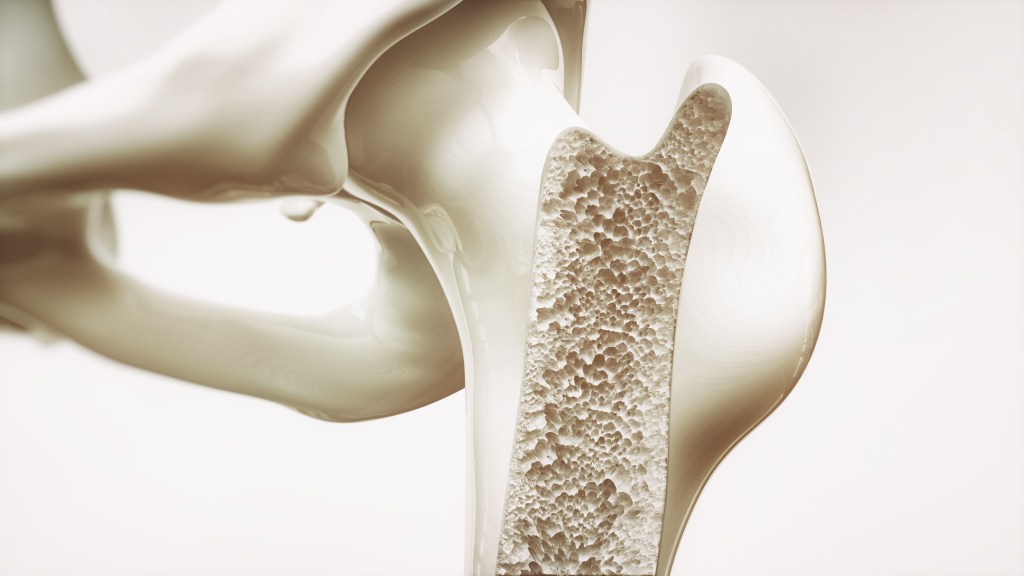New research suggests bacteria may play a role in triggering heart attacks. Learn how infections could be linked to heart disease risk and what this means for prevention.

Over the years, heart attacks have been associated mostly with lifestyle, including unhealthy foods, cigarettes, lack of physical activity, and stress. Physicians are also aware of how such ailments as high blood pressure, high cholesterol, and diabetes can put a person at risk. However, newer studies are now suggesting the possibility that it is unexpected: might even heart attacks be bacteria-contagious to some extent?
Not all facts related to this theory have been investigated yet; however, recent discoveries have led us to believe that infections due to some forms of bacteria could be a significant factor which initiates cardiovascular conditions such as heart attacks. Simple enough, let us start dissecting it.
Heart Attacks: How Do They Occur?
A heart attack occurs when the vessels of blood vessels cease to flow to a portion of the heart. It tends to happen when, over time, there is an accumulation of fatty deposits or plaque, which is present within the arteries. When a slice of plaque ruptures, a blood clot occurs, which makes blood unable to reach the heart. The death of heart muscle cells begins without the blood supply rich with oxygen, which results in a heart attack.
This is referred to as atherosclerosis, which has always been attributed to diet, physical inactivity and genes. However, at least researchers are discovering that infections might play a role, too.
The Role of Bacteria
Researchers have found that bacteria may contribute to the cause or aggravation of a clogged artery. A variety of bacteria conduct one of the key suspicions, that of Chlamydia pneumoniae, which is known to cause respiratory infections like pneumonia. Research has detected this bacterium in the fatty sediments of individuals who have had heart disease.
This theory says that bacteria are able to produce persistent inflammation when they infect the body. This type of inflammation can make the walls of arteries weak and prone to rupture (plaque). Over a period, chronic and untreated infection would also increase the risk of a heart attack without noticeable indications.
Could Heart Attacks Be “Contagious”?
The psychological concept of contagious heart attacks does not imply that when someone is around a heart disease patient, they will also develop it. Rather, it implies that bacterial infections that appear to be transmitted between individuals are indirect but can lead to tissue damage in the future.
As an exercise, should you have contracted any other bacterial infection, such as Chlamydia pneumoniae, through someone else, the bacterium could be lodged in your body, producing lasting inflammation. This may also increase the number of other risk factors over the years and culminate in a heart attack.
Therefore, although you cannot directly contract a heart attack, you can contract some of the infections that increase the chances.
Why This Research Matters
Assuming that bacteria are indeed the cause of heart disease, it would alter how the condition is prevented and treated by doctors. One day, antibiotics or vaccines could also help decrease the risk of heart attack, in addition to more traditional options such as eating a healthy diet, exercise and smoking avoidance.
Indeed, there have been reported clinical trials to test antibiotics against the heart, but with mixed results. Further research is necessary to prove that the reduction of the heart attack risk can be really achieved through targeting bacteria.
Lifestyle Practices to Prevent Heart Attack
Although the scientific community is still doing this research, there is no proven way of protecting your heart other than utilising the established lifestyle practices:
- Consume healthy food characterised by plenty of fruits and vegetables as well as whole grains.
- Regular exercise will make your blood vessels and your heart strong.
- Brush your teeth and gums oral cleanliness could lower the bad bacteria.
- Undergo periodic checkups to control blood pressure, cholesterol, and diabetes.
- Quit smoking and reduce alcohol.
Although the study is in its early stages, this could advance the possibilities of getting rid of one of the major causes of death globally.
Subscribe to Our Newsletter Today!










Leave a Reply